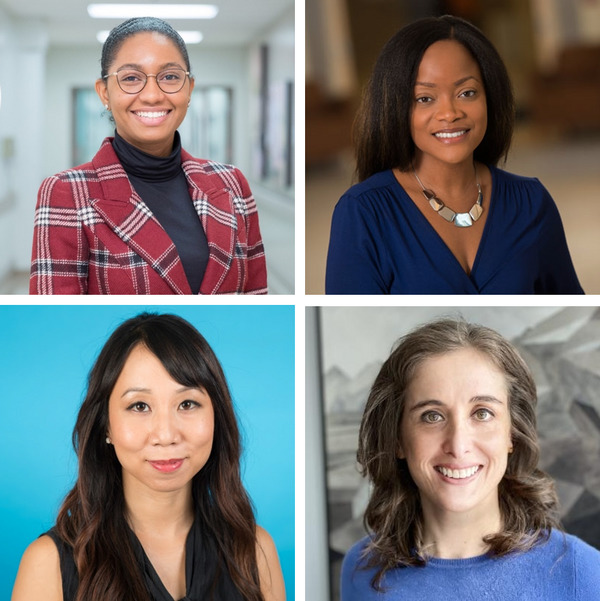
To earn trust in science and healthcare within a vital but often marginalized community, education scientists across University Health Network (UHN), the University of Toronto and the University of Guelph will receive funding from the Government of Canada’s Immunization Partnership Fund to develop COVID-19 vaccine education initiatives with a focus on partnering with Personal Support Workers (PSWs). Building on an existing curriculum designed for PSWs, the new initiatives will increase knowledge about vaccines, as well as associated counselling and support approaches for colleagues, communities and clients/patients.
Taking place over 24 months, the project will partner with PSW and community-based organizations, including VHA Home Healthcare, Jodal Healthcare, Black Health Alliance, Bloom Care Solutions and the Urban Alliance on Race Relations, to develop a suite of three related vaccine education initiatives: Accessible online resources about the COVID-19 vaccine, PSW as educator development (commonly known as a “train-the-trainer” model) and PSW-led vaccine education experiences for PSWs.
“PSWs are essential, yet often underrecognized, frontline healthcare workers,” says Dr. Nikki Woods, Director of The Institute for Education Research at UHN and project co-lead. “The pandemic has only further magnified the vital role of the PSW in the functioning of our healthcare system.”
PSWs care for individuals at high risk of death or severe symptoms due to COVID-19, including residents of long-term care, people living with chronic illness and older adults accessing home-based care or support. In Ontario, it is estimated that PSWs represent 58 per cent of staff in long-term care homes and are responsible for more than two-thirds of all homecare.
“Education designed and offered in partnership with PSWs must be prioritized now,” says Dr. Stella Ng, Director and Scientist at the University of Toronto’s Centre for Interprofessional Education and project co-lead. “We are honoured to work with members of the PSW workforce, who are integral members of care teams, and collaborate with patients and their families so closely.”
Like all healthcare workers, PSWs are also part of broader communities with their own histories, traditions and lived experiences. Vaccine outreach needs to recognize and respect these intersections of professional and community membership.
The PSW workforce in Ontario is largely comprised of racialized and immigrant women, and nearly one- fifth of PSWs identify as Black (CRNCC, 2010). Both PSW and Black communities have been deeply impacted by the pandemic. Data from Public Health Ontario indicates a disproportionate number of PSW infection rates, and data from the City of Toronto shows disproportionate rates of infection among Black communities, comprising a fifth of all COVID-19 cases but only a tenth of the population.
“What we want to do with this project is acknowledge that there is a valid reason why some individuals don’t trust science and healthcare institutions based on past experiences,” says Dr. Woods. “It’s really important for us to approach this as, yes, we’re bringing scientific understanding and knowledge to the table, but we’re relying on our partners to bring their expertise for all the pieces that we don’t know.”
The project leads stress that in order to be effective, and to enact equity and justice, COVID vaccine education for PSWs should be co-designed with frontline community partners, from a starting point of community-based values.
To do so, the interprofessional team – including Dr. Woods, Dr. Ng, UHN Bioethicist Dr. Claudia Barned and philosopher Dr. Maya Goldenberg from the University of Guelph – will work in partnership with PSWs, other healthcare workers and leaders from partner home and community agencies, as well as the Michener School of Continuing Education, to development education and engagement activities, and to later become facilitators who will spark learning and dialogue with their colleagues.
“This approach will co-create with PSWs the information and tools they want and need to make informed choices for themselves and to share their experiences and knowledge with fellow PSWs and their communities,” says Dr. Ng.